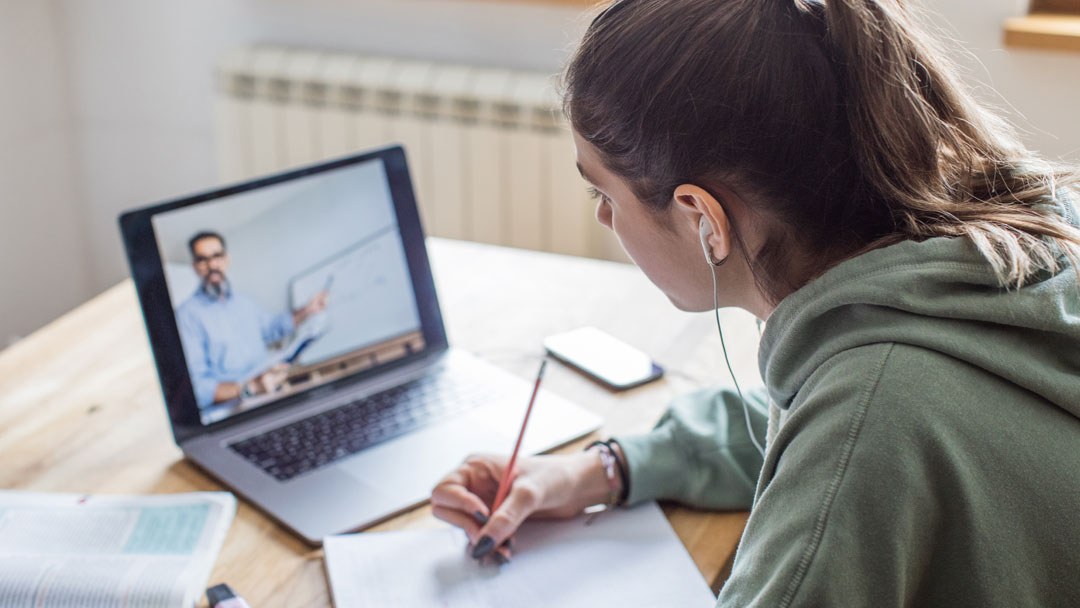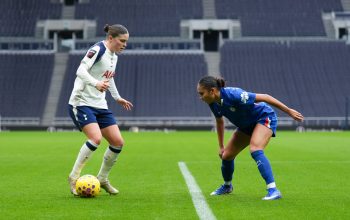Student satisfaction rates across Britain have bounced back after a steep decline throughout the Covid-19 pandemic, the Office for National Statistics (ONS) has found.
According to the Student Experiences Insights survey conducted by the ONS in 2021, between the academic year that started before the pandemic (2019 to 2020) and the academic year most affected (2020 to 2021), the proportion of third year or higher students reporting being satisfied with their academic experience fell significantly from 56 per cent in 2019 to 2020 to 27 per cent in 2020 to 2021.

Academic satisfaction increased in the current academic year (2021 to 2022), with half (50 per cent) of third year or higher students now satisfied with their academic experience. This is not significantly different from 2019 to 2020, but significantly higher than 2020 to 2021.
Data from the ONS has also shown that the proportion of current third year or higher students reporting being satisfied or very satisfied with their social experience fell significantly from 50 per cent in 2019 to 2020 to 14 per cent during 2020 to 2021.

Student satisfaction with social experience has increased to 41 per cent in the current 2021 to 2022 academic year, which is significantly higher than 2020 to 2021, but still significantly lower than satisfaction in 2019 to 2020.
Third-year Kingston University student Safia Kenza said remote learning and not being able to be on campus had a lot to do with the drop in academic satisfaction levels between 2020 and 2021.
She said: “Learning remotely was alright at first but after a while it started to get a bit tedious. I remember I started losing motivation to attend my classes online and just felt really disengaged from my studies.”
Remote or ‘online’ learning was introduced in most colleges and universities across the country as the pandemic spread. This was in line with government guidelines at the time to allow for social distancing and limit person-to-person contact to reduce the spread of Covid-19.
Students were required to join their classes online through platforms such as Microsoft Teams or Zoom, with many end-of-year examinations taking place online as well.
Kenza felt the prospect of studying and completing her degree completely online with no social contact was “incredibly daunting”.
She said: “I didn’t feel like I was getting the support I needed to progress, as the online learning experience just wasn’t the same as face-to-face learning. It made me realise just how important social contact and interaction with others, like your classmates and lecturers, is.”
Third-year Kingston University business student Adrian Polusic said: “Online events just weren’t the same thing as being there. You didn’t get that same social aspect of being around other students and making meaningful relationships with people.”
Polusic found making friends with his classmates and other students a lot harder to do with having such limited contact with people. He described his social experience as ‘seriously lacking’ and felt ‘robbed’ of all the social experiences he should have had but is now glad things are back to normal and social events are back on.
Although still significantly lower than the 2019 to 2020 student social experience satisfaction levels, the 41 per cent increase in the current academic year is likely to increase further as Covid-19 becomes a thing everyone lives with, and students get back to receiving a more ‘normal’ and social university experience.





